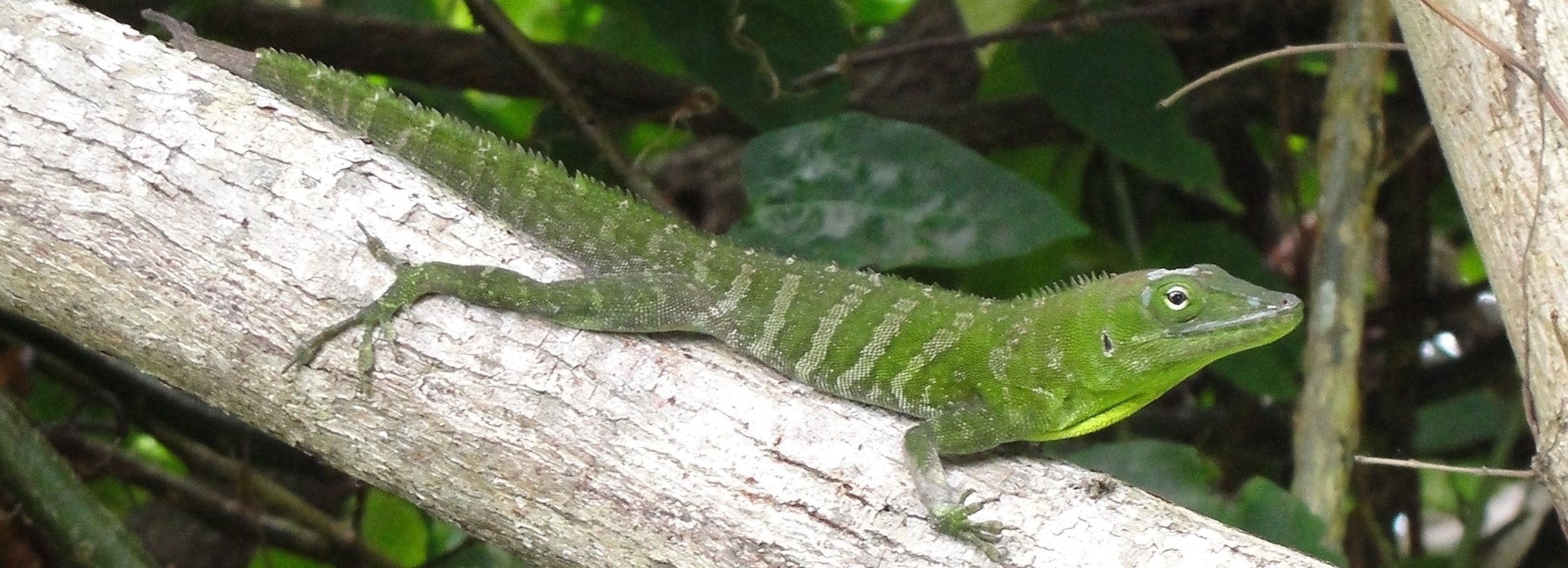RESEARCH
The Gunderson Lab studies thermal adaptation and responses to anthropogenic global change, with an emphasis on phenotypic plasticity. We apply a variety of perspectives and approaches, including experimental physiology, behavior, field ecology, modeling, and comparative methods. Details about some projects are below.
Evolution and Adaptive significance of Phenotypic plasticity
Acclimation of the heat tolerance of ectotherms does not fully compensate for rising temperatures (Gunderson & Stillman 2015).
Phenotypic plasticity (non-genetic change in traits) could buffer organisms from climate change, but this depends on how plastic organisms are and how plasticity evolves. We have used a number of approaches to better understand the expression and evolution of thermal plasticity, including meta-analyis (Gunderson & Stillman 2015, Gunderson, Dillon & Stillman 2017, Gunderson 2023), experimental biology (Deery et al. 2021, Gleason et al. 2023), and theoretical analysis (Gunderson and Revell 2022).
Thermal Ecology and Adaptation
The Puerto Rican yellow-chinned anole (Anolis gundlachi) has low heat tolerance relative to other Puerto Rican species.
We study many aspects of thermal ecology and thermal evolution (Gunderson 2024). This includes thermal tolerance evolution during adaptive radiation and adaptation to novel environments (Leal and Gunderson 2012, Gunderson, Mahler & Leal 2018, Gunderson et al. 2022), temperature-dependent reproductive performance (Wang and Gunderson 2022; Wang et al. 2025), behavioral thermoregulation and temperature-dependent activity (Gunderson and Leal 2012, Gunderson and Leal 2015, Gunderson and Leal 2016, Ryan et al. 2021), and interactions between temperature, physiology, and the microbiome (Moeller et al. 2020).
Evolution of lead (pb) Tolerance in urban environments
Estimated lead exposure risk across the United States (Washington State Department of Health).
Lead is a highly toxic heavy metal pollutant that is often pervasive in urban centers. We are using urban lizards as a model system to understand the the consequences of lead exposure on wildlife (Blanchette et al. 2025, Moore et al. 2025).


